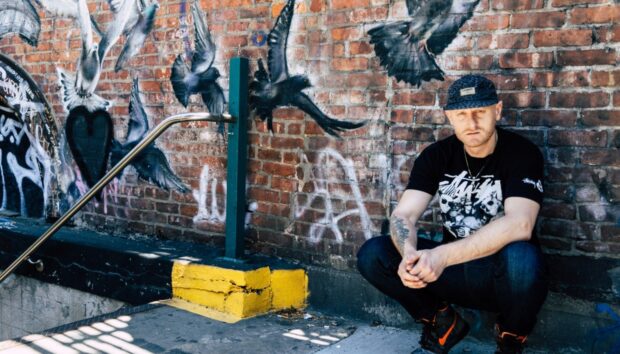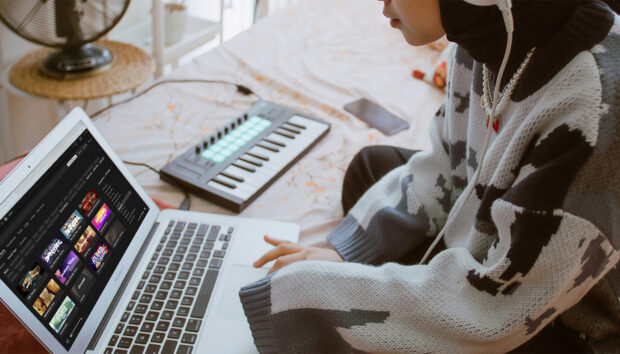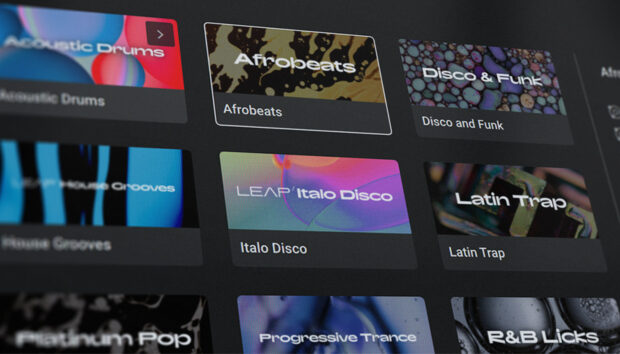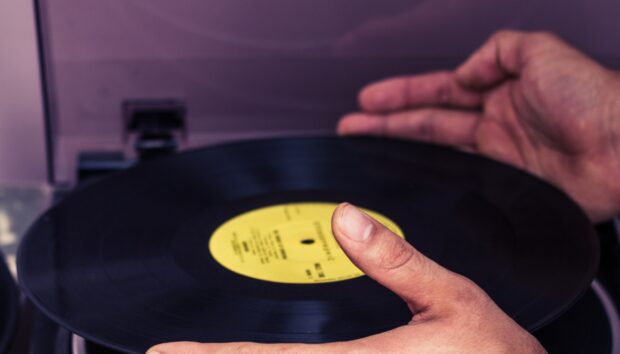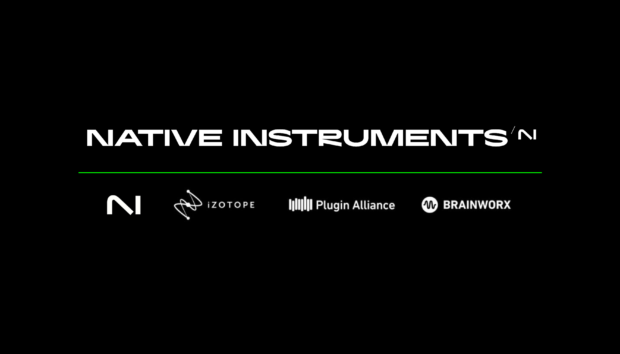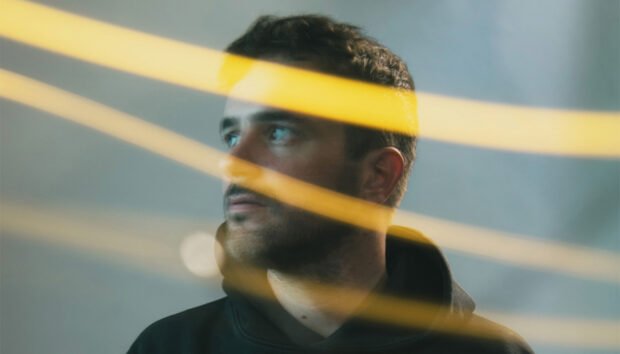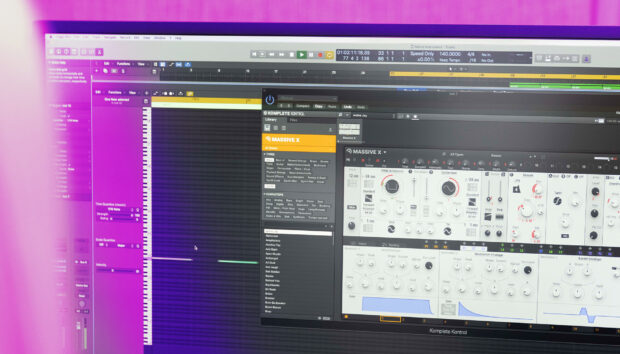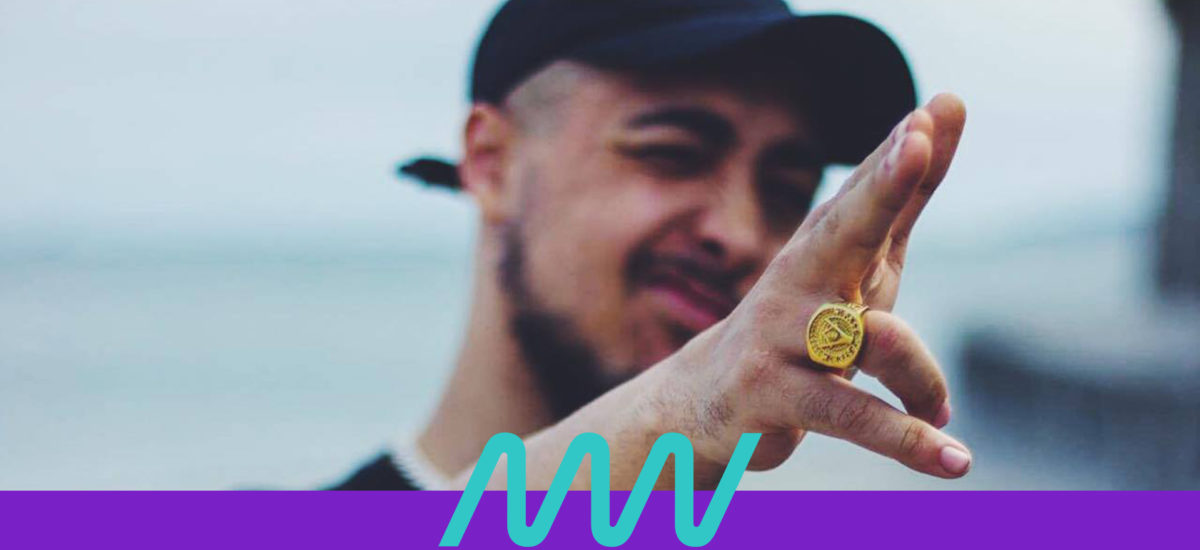
WIZE is a producer who brings a sense of playfulness to each and every one of his projects. From his UK drill reworks of classic grime vocal freestyles to making ad hoc beats from bizarre samples on his Boiler Room show Crowdsourced, no sound is too silly, and nothing is off limits.
He’s brought this to his MASSIVE X sample pack as part of Community Drive 2021; having grown up on the MASSIVE presets, his take on the technology is classically irreverent, honing his free sense of experimentalism to create a set of sounds that emit a sense of fun that you can’t help but get on board with, like an involuntary screw face as the DJ lets the beat drop. There’s therefore worse places to start experimenting yourself than WIZE’s presets on Community Drive, the proceeds from which will all go to Girls Make Beats.
Girls Make Beats is a non profit organisation focused on expanding the visibility and boosting the careers of women producers, DJs and audio engineers. With a young daughter of his own and a keen sense of wanting to do something as a cisgender man to lessen the divide, it’s a cause that WIZE was keen to get involved in.
What’s your process for production?
When it comes to producing a track, it’s a very freestyle process. There’s never really a set formula that I follow, it’s always just, what do I find first? Do I find a nice drum sound that I like? Have I found something melodic that’s inspiring? I just take it from there, but what I have been doing a lot recently is starting with rhythmic things like percussion loops and just working with that and making melodies fit around percussion. The more rhythmic thing is appealing to me right now because it fits around this thing I’m doing right now making remixes of old school grime freestyles, and I’m turning them into the UK drill sound, and a lot of UK drill is based around the skippy percussion.
What are your tricks if you get stuck?
It’s nice to have a bunch of plugins that do a lot of sound manipulation, like things that add tremolos, maybe something that chops it or rearranges it, like in FL Studio you get Gross Beat. There are loads of plugins that just do a lot of chop stuff that can sometimes inspire; maybe even changing the pitch can help. I find that when I change the key of something, it’s a whole new track, a whole new feel now, and sometimes even a tempo change can help. I’m a guy that likes to speed things up, I always find that when I speed things up it gets a new energy, I’m like ok this is cool now.
How is your approach to making presets different to your production process?
When I make presets, I find it really fun experimenting, especially with MASSIVE, which is what I did this bank with. It’s just got so many different functions; there’s so many things you can link together that shift the way it sounds. Apart from the bass sounds, I didn’t really go into it knowing what I was going to make. It was like, ok if I try this triangle wave with this sawtooth wave, and I apply this effect on it and I add some tremolo, it sounds like this. It was very experimental, to be honest with you.
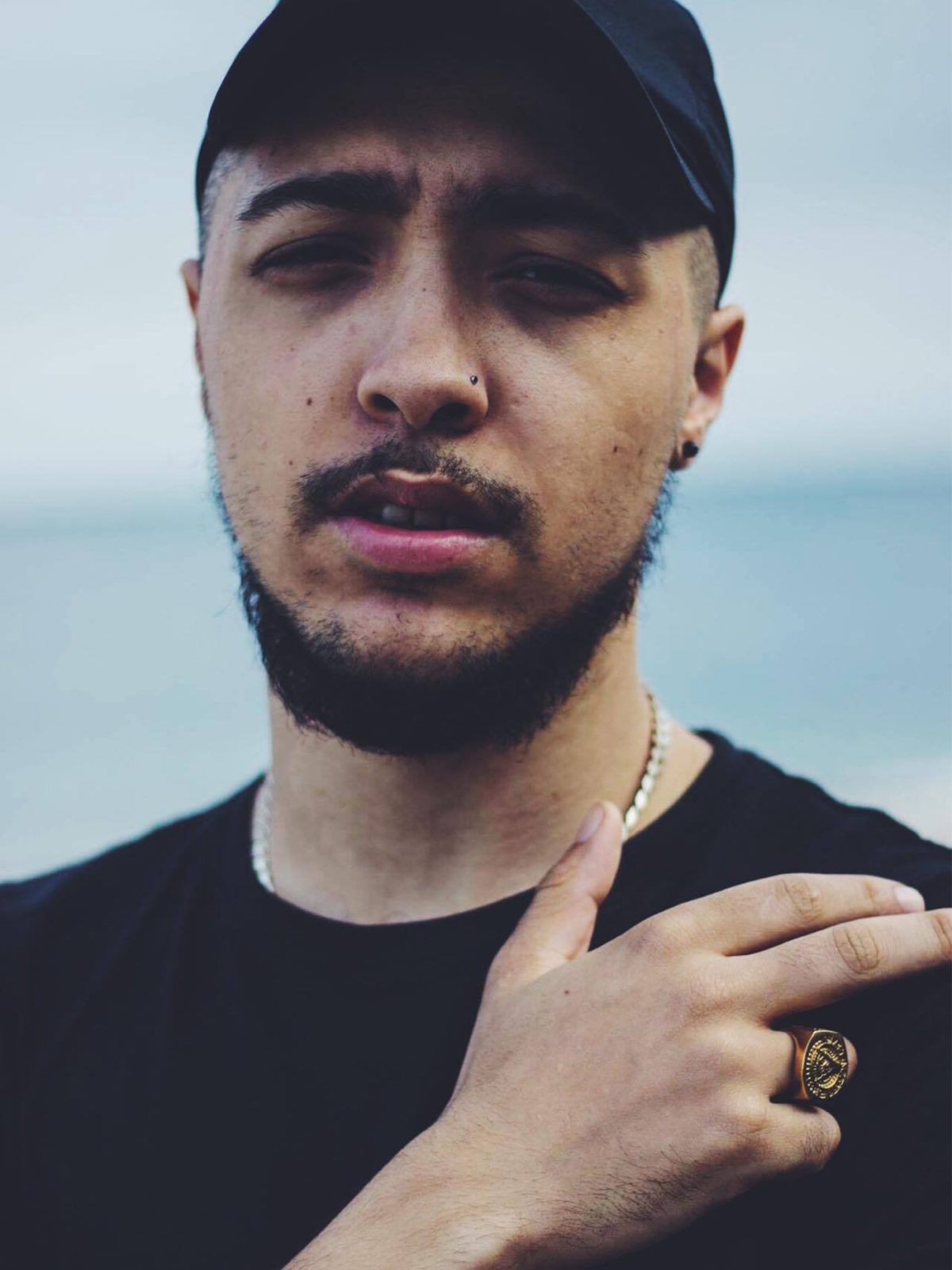
What was it like being involved in making MASSIVE presets?
Look, I’ll be honest, that was an honour. I’ve been using Native Instruments stuff since the dawn of my production career, so to be even able to say that I did that, that was weird. I’ve made presets before, but just for myself, and it’s really cool to know that I’ve made a pack that’s going to be an official MASSIVE pack.
How quickly did your idea of the presets develop?
Fairly quickly. I’ll be honest, I used more of the original MASSIVE, so MASSIVE X isn’t something I ever did presets for before. So I was discovering a whole bunch of new features on the fly, but once I discovered what stuff did and how to link things together—just the foundations of the plugin—it was fairly quick. I’d say I spent about two weeks making that pack. I was making stuff, but I just wanted everything to be of a set quality because there were certain things that were better than others, volume wise it wasn’t levelled, so I spent about two weeks on it, but overall, I learnt how to get the basics of it really quickly.
What was your process for naming your presets?
It’s strange! Music is a funny thing because it’s very visual for me. For example, if I made a bell sound—there’s a couple of bell type frequency sort of ping sounds in there—in my head, I see a fairyland, it’s a twinkle sound, so I call it Fairyland Twinkle. It’s just some random visual thing. When making the bass sounds, I go for a lot of low cut-off, high resonance saw basses, sort of funky wah sort of thing. So in my head, I think of the funkiest thing ever, maybe I just call it Clinton Bass, based on George Clinton. There’s no specific naming formula, I’m so freestyle with it. There’s no set process. It sounds funny hearing it out loud. I just grab at words in the air!
How did you start doing edits of grime freestyles?
People have been doing the remix stuff for years, but what I noticed in the UK is that there’s not a lot of people who have taken the vocals from classic UK, like the old Wiley and Skepta freestyles, and given them a new feel, like what Knowledge does in the States with the American freestyles. I just noticed no one was really doing it, and I thought to myself, yeah I’m going to be that one. It was a growing process to be honest. A lot of people thought I was tainting classic work and I should leave it alone and it was forbidden. But then I realised that a lot of people just appreciated that I was shining light on stuff that they grew up on and giving it a modern touch and showing a whole new generation of people stuff that really birthed a generation. That’s really what it became, and is now. It’s a thing, a WIZE edit is a thing! It’s strange.
What about your YouTube series on field recordings, Out ‘Ere?
I’ve always done that. I am a person that, if I find something, I just want to show it to people. I’ve been like that since I was a kid. If I find something I’m like look at this, I want you to do it as well! With that series in particular, I found it really interesting. I’ve seen other people do things in that vein where they go out and get the foley sounds and atmospheric things, but I just don’t feel that within the particular culture that I’m a part of, I don’t feel like people are doing innovative things like that atm. There’s not a lot of it, anyway. It’s important to just push the content and make ideas as interesting as possible.
What made you want to get involved in the Girls Make Beats Community Drive?
It’s just a really good initiative. I enjoy a great narrative, and Girls Make Beats has a great narrative. You see how low a percentage of music producers in the industry is actually females, and you see how many opportunities are actually offered. You see the imbalance and you want to be a part of something that actually shifts that. it was a no brainer. I have my daughter, and I’m counting on her to carry my flack, so things like that are important.
Do you see in your own musical life that there’s a gender gap?
A hundred percent. Most females that I see in the studio are singers. There are more rappers, there’s a few more, it’s becoming more of an apparent thing that focus is being shined on. But producers are way more rare, and engineers are even rarer but that’s a whole other story. I know female producers, there’s loads. With my show Crowdsourced on Boiler Room, that was a focal point. We made sure that we had female producers on. It’s definitely something that’s apparent, that there’s an inequality.
Download WIZE’s MASSIVE X presets and check out the rest of the COMMUNITY DRIVE 2021 sound pack. The pack is free, but we encourage donations from those who are able to give.
Pictures courtesy of WIZE








